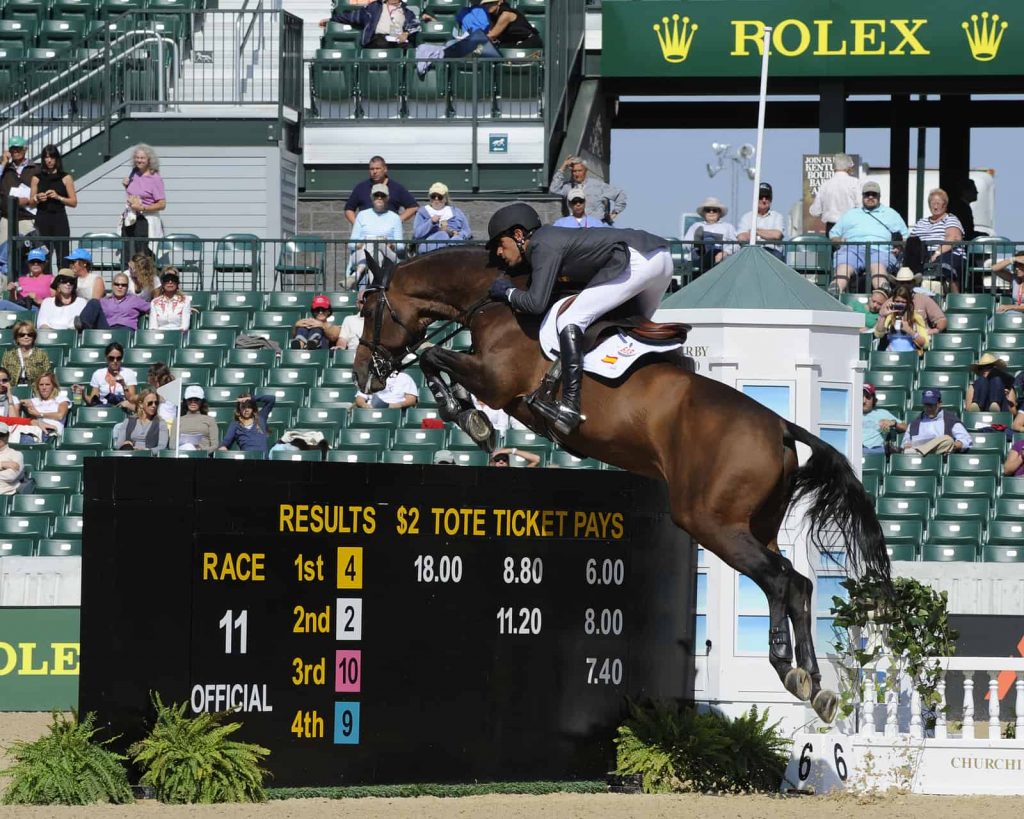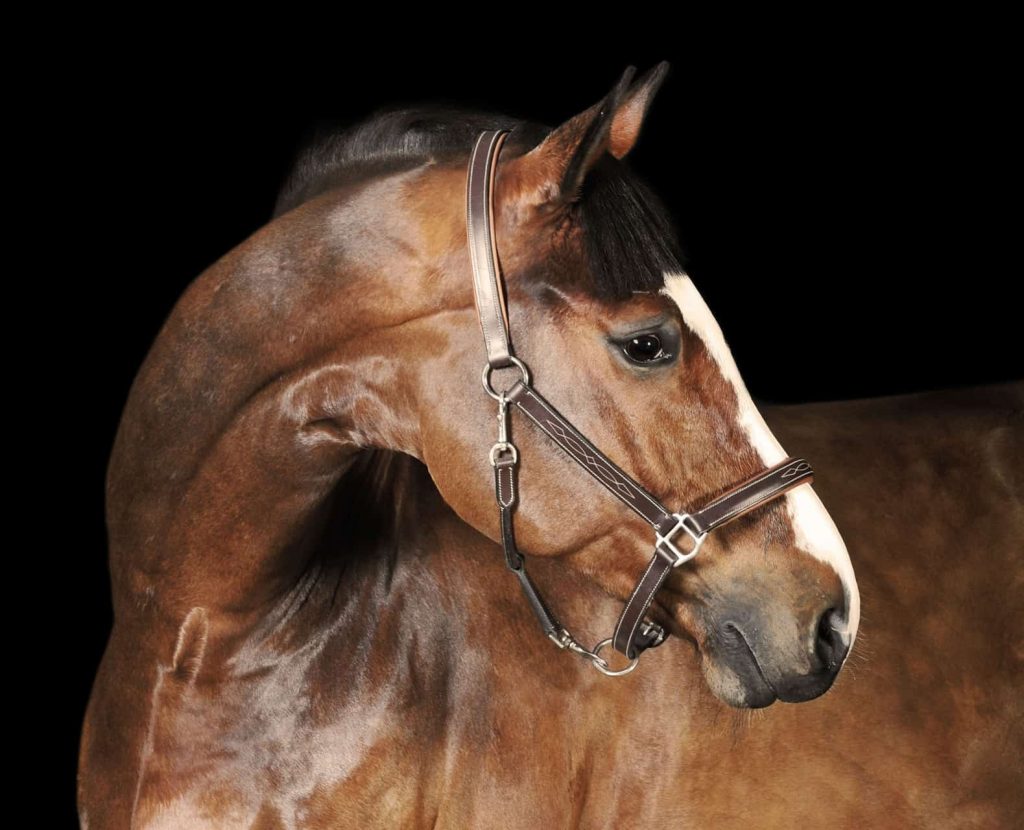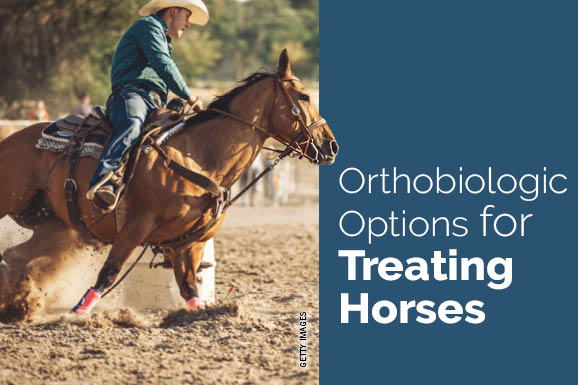
Viscoelastic Therapies for Managing Osteoarthritis in Horses
These therapies can be beneficial in treating pathologies of the cartilage and synovium in horse joints.

These therapies can be beneficial in treating pathologies of the cartilage and synovium in horse joints.

Tying-up is a painful muscle condition in horses. An equine nutritionist offers advice on how to balance your horse’s diet to decrease the likelihood of an episode.

No horse is perfect, and many with conformational flaws go on to compete successfully. What can you live with and how?

How can you best support your competitive show horse? Start with what fuels the fire. Sponsored by Vitalize.

Veterinarians across the U.S. share their most successful diagnostic methods and treatments for back pain in horses.

An equine veterinarian’s rehabilitation plan depends on whether the horse received surgical or nonsurgical treatment.

Neck pain in horses can be difficult to diagnose; clinical signs might not match what’s seen on imaging. Learn how vets interpret findings and develop a treatment plan.

Find out how your horse can hurt his neck, risks for injury and disease, and associated therapies, so you can give your horse the best chance for a strong neck and an athletic future.

Dr. Avi Blake describes degenerative joint disease in horses and Adequan® i.m.

Donkeys might benefit from higher doses of morphine for pain relief than what veterinarians usually prescribe for horses.

Horses can go lame for a variety of reasons. Here are 4 common causes of lameness and their treatment options.

When used properly, this injectable can be an effective substitute for traditional joint therapies for managing horses with osteoarthritis.

If your horse is acting naughty when handled or ridden, he might be trying to avoid pain somewhere in his body.

New research shows sport horses had increased hock angles when the hind hooves were shod and might show reduced lameness.

Researchers discussed the complications 212 veterinarians experienced after performing sacroiliac joint region injections.

Orthobiologics are emerging tools in veterinary medicine that use the body’s natural defense mechanisms to treat a variety of musculoskeletal problems.
Stay on top of the most recent Horse Health news with
"*" indicates required fields